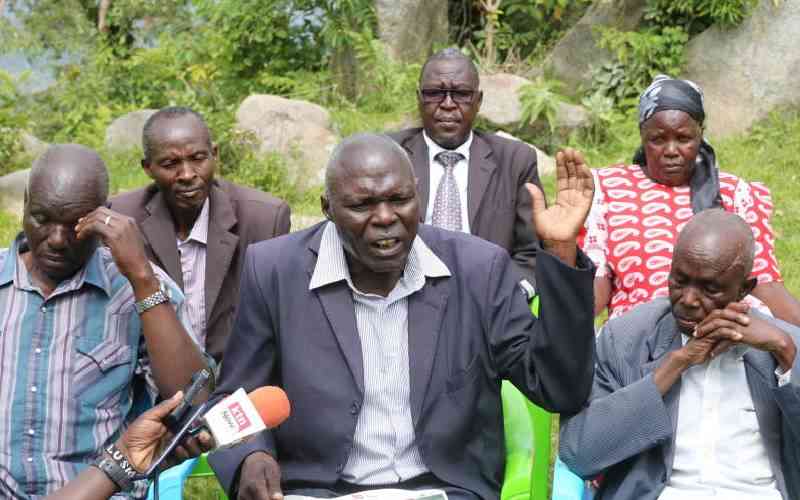×
The Standard e-Paper
Stay Informed, Even Offline

Many tribes enjoy reading the Bible in their dialect but the same cannot be said about the Terik community.
A sub-tribe of the larger Kalenjin, the Terik, found in Vihiga County, is one of the smallest communities in Kenya that has fought for recognition for years.